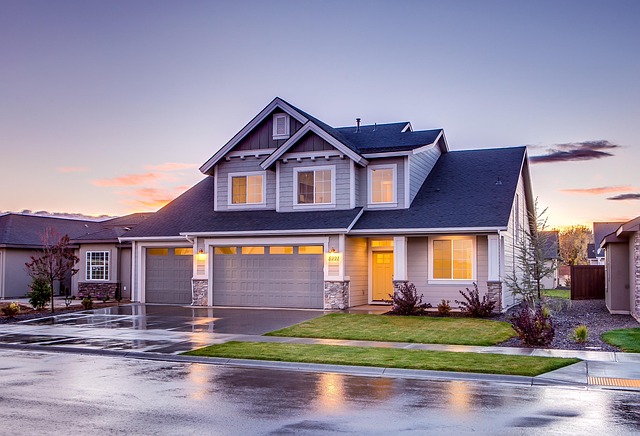We've covered how selling your garden can qualify for Private Residence Relief. (PRR). However, where you have more than one residence, you can also make a main residence election. This can potentially save you £1,000's in Capital Gains Tax (CGT). Without it, HMRC may determine which of your homes qualifies for Private Residence Relief (PRR). Unfortunately, the decision they arrive at may not be a favourable one.

What is a main residence election?
When you live in more than one property, making a main residence election lets you decide which is your "main" home for tax purposes. As a result you can determine which property PRR applies to.
If you fail to make an election, HMRC will scrutinise the facts to determine which property they consider to be your main home. If that's the case, this could produce an unfavourable result.
Once you have submitted a valid election, HMRC are unable to challenge your decision, unless they can establish you never truly lived in the property concerned - see below.
Who can make the election?
Anyone that has a legal or beneficial interest in more than one property can make this election. That includes:
However, it does not include mere licence holders .For example a lodger without formal tenancy agreements). Spouses or civil partners must make the election jointly for the same property. It is not possible to nominate different homes.
What is the time limit for submitting an election?
You must make the election within two years of your second property being used as a 'residence'. Furthermore, this election may subsequently be varied and another property nominated by giving notice within two years of the change.
As a result, it is possible to switch your election between several properties and also take advantage of the favourable rules for permitted absences.
If you are living with your spouses or civil partner you can only have one main residence between you for PRR purposes. Therefore nominations must be made jointly as both individuals are affected.
When you marry or register as civil partners, if you each have an interest in a residence and continue to use both as residences, you can jointly nominate which is to be treated as their main residence for PRR. The two-year nomination period starts on the date of your marriage or the date of registration.
Will HMRC accept a late election?
HMRC may accept a late election by virtue of this concession here. This is most likely to be the case where one or more properties are occupied under a tenancy.
You can make the nomination provided it is made within a reasonable time of you first becoming aware of the possibility of making a nomination. HMRC then regard it as effective from the date you first had more than one residence.
Additionally, if you fail to make the election and then acquire a third property, the two-year 'clock' for submitting an election restarts from date of the third acquisition
Can an election be overturned by HMRC?
HMRC can dispute an election if they can prove a property was never a residence. For example this might where a nominated property wasn't physically occupied. Alternatively if a property is being developed it may never be capable of occupation as a residence as was the case here.
Therefore unless there are exceptional circumstances, your property has to be habitable to be capable of being a residence.
Summary
Making a main residence election is relatively straightforward and can result in significant tax savings. However timing of the election, retaining evidence, and awareness of the pitfalls are vital.
For more useful information, check out our Ebooks here
And if you'd like to know how we can help you with all of this, or with anything else, feel free to give us a call on 01202 048696 or email us at [email protected].
Alternatively, please feel free to complete our Business Questionnaire here.
